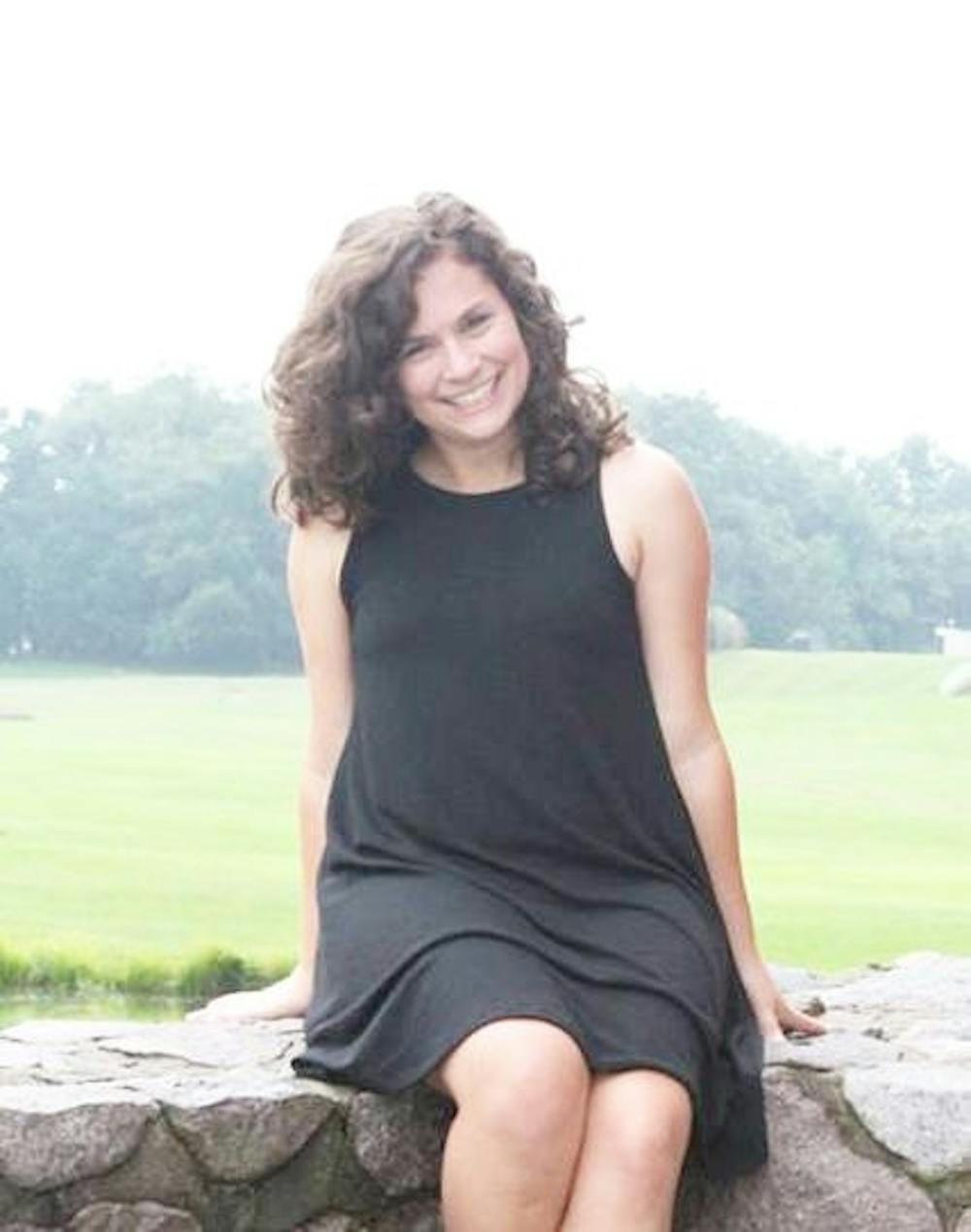By Malaina Yoder | Contributor

On Monday, chapel featured Professor Soong-Chan Rah, and people had a lot to say about it. Whether people were offended or excited by his message, conversation tended to revolve around how he communicated rather than the ideas themselves.
There has, in the past year and a half, been a violent pushback against political correctness, or the use of certain words/phrases in an effort to avoid offending another. I would argue, though, society has a double standard: I don't need to be politically correct, but if people disagree with me, they're being impolite. It's well known that our campus tends to lean toward one political party, and I was annoyed by our inability to talk about Rah's ideas in the name of offense.
Taylor University, we are so polite.
I see this invasive disease of politeness not only in myself and my university, but in my Christian culture, transcending political parties. Our niceties resist substance; we've unlearned the basic human skill to say what we mean. I've grown weary over the last weeks and months of our elaborate word dance around opinions, of our suggestive nods toward the controversial, of unexpressed emotion. I'm tired of nonsensical conversations that last for hours. I'm exhausted by my fear of saying the wrong thing. I'm done with interactions where I'm more concerned with being right than learning. Taylor University, what if we were honest? It's been my delight over my last three years at Taylor to watch those around me care for others with their words. This lesson in the power of words to kill or rejuvenate relationships was a natural byproduct of my life on a wing, my writing classes, my mentorships and countless conversations over cups of coffee and Hodson Dining Commons Fiesta ware. Caring for others with your words is a call to something more than political correctness. Political correctness is the Band-Aid covering deeply wounded societal relationships. We're unsure of how to love one another and we've created rules so we don't have to. We're called to something higher than avoiding the wrong words: we're called to choose our words as people who prefer the other, who love deeply and who desire to protect human dignity within our world. Taylor University, what if we were graceful? Political correctness sets honesty and grace against each other in the war for "rightness." Political correctness calls for arrogance from both the people who cruelly maim with words and those who alienate them for it. But in humility, honesty and grace mingle in the same space. Humility isn't trying to win. Humility strives to find truth while accepting the complexity of human experience; it is the expansion of truth and the celebration of love. Rather than speaking to rooms that blandly affirm personal opinions, humility seeks out those who will challenge assumptions. Our DC tables should invite ignorance, not yell at it. When the humble feel defensive or offended, they press in with questions. When the humble offend, they apologize and learn. When humility is our default, truth and life are the natural results. Instead of going to our respective corners and throwing verbal punches at each other after a controversial chapel, we need to sit in honest conversation with those who believe different things than we do. The humble find opportunities to learn where they were wrong. Taylor University, what if we were so much more than polite?





